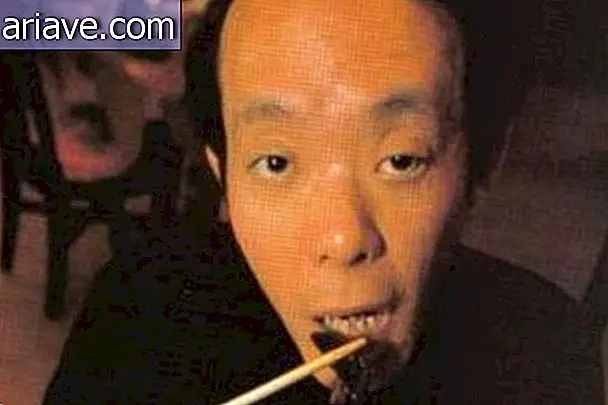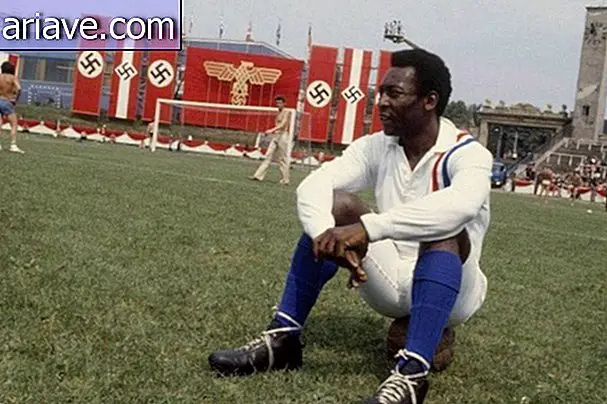Bullshit in the family: the youngest are really a parent's favorite
Look, it's not Mega's team that wants to set up bullshit in your family, huh: we're going to talk about it here based on recently collected data, so rest assured.
You've probably heard moms and dads saying around that they don't have favorite kids and they love all their kids the same way, right? Not that this is a lie, but the truth is that in families with three or more siblings, we eventually see the manifestation of some phenomena.
The "middle child syndrome, " for example, is very real, and happens to a child who is neither the oldest nor the youngest feeling a little neglected in the family environment.
Difference

Now research has emerged to prove what a lot of people have been advocating for a long time: parents even tend to like their youngest more.
The study was assisted by 1, 185 people who are fathers and mothers and 1, 111 who already have at least one grandchild. It turned out that a quarter of these people admitted that they do have a favorite child. Among grandmas and grandpas, 42% said they have a favorite grandchild too.
Among dads and moms who assumed they have a favorite child, more than half ended up pointing out the youngest as the most beloved - yet within their fathers' replies, 61 percent claim older children tend to take more work. Of course, some parents have stated that they have a preference for the oldest child - in this case, however, the percentage was 26%.
Bullshit

Among participants who confessed to having a favorite child, 41% said the darling occupies this place because it is more similar to the parent - more than half also said that the favorite child is the one who makes him laugh the most.
The truth is that virtually all parents believe it is wrong to show preference for their children, so much so that more than half of those surveyed believe it is horrible to have a favorite child, and two-thirds of respondents are sure that, If their children knew the truth, they would suffer greatly.
However, in cases where favoritism is toxic and a child is a notable favorite, it is generally advisable for the family to undergo therapeutic treatment, as the consequences of such long-term behavior are not usually positive.











